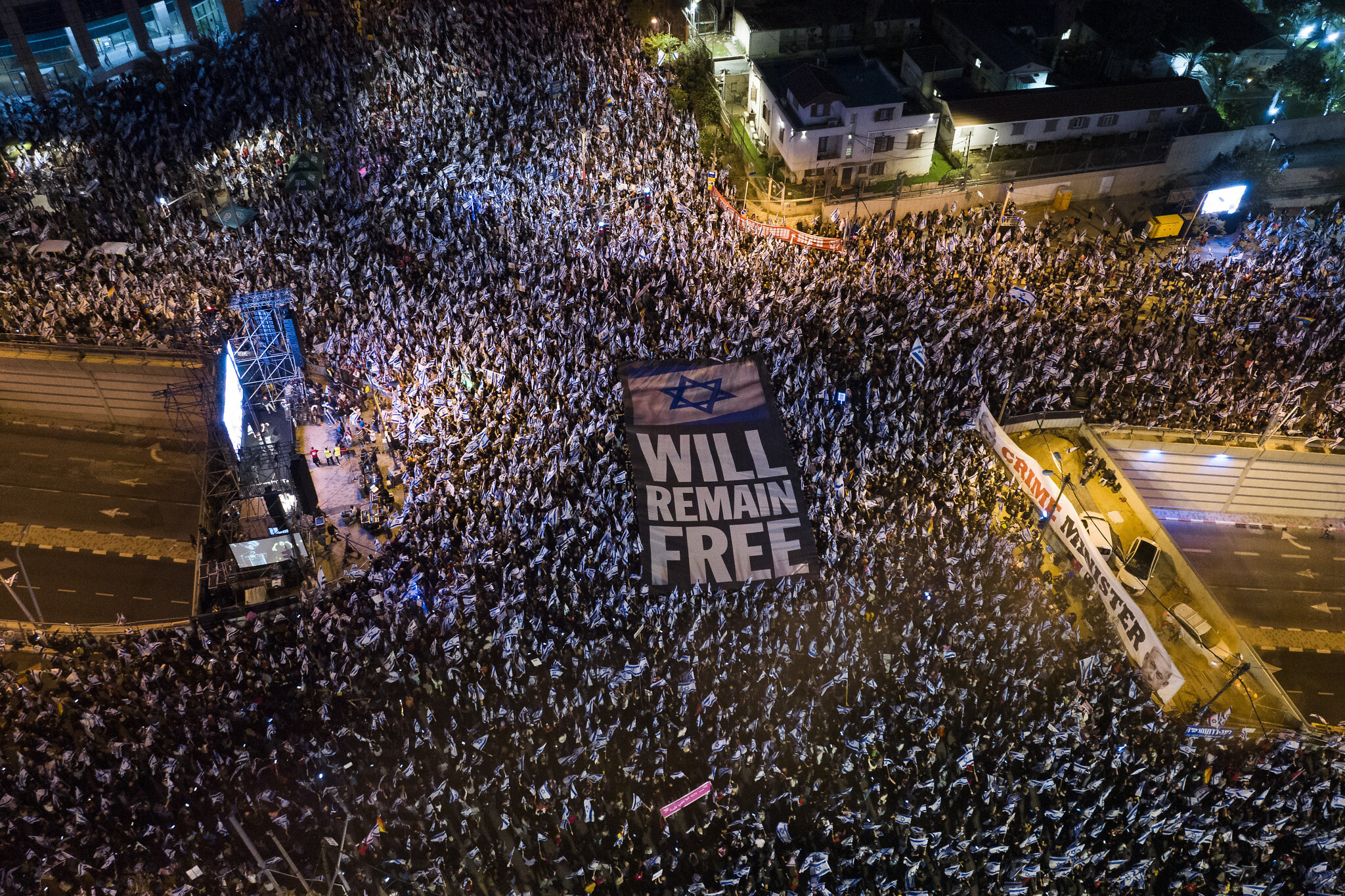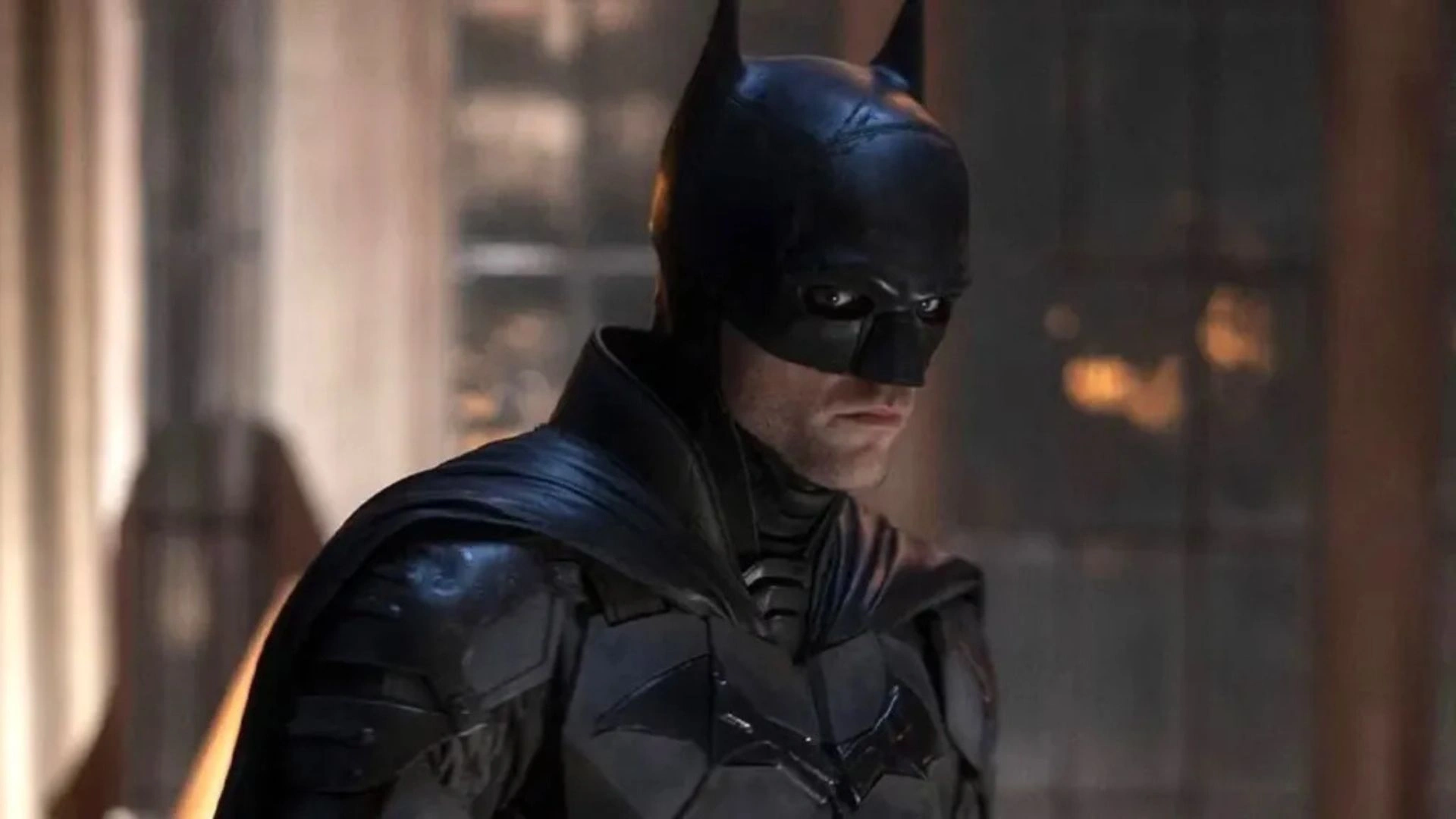Thousands of protesters flocked to Tel Aviv and other Israeli cities to voice their opposition to the government’s plan to overhaul the country’s judicial system, according to Al Jazeera. Crowds of Israeli protestors held banners in Tel Aviv on Saturday, the latest in a series of weekly demonstrations since the beginning of the year. Israelis are outraged by Netanyahu’s government’s plans to reform the judiciary, which they see as an assault on their country’s system of checks and balances and a threat to democracy itself.
“This is not about so-called judicial reform, it’s about democracy,” said Sheila Katz, head of the National Council of Jewish Women, from the rally in central Tel Aviv. “In order for your sacred courts to protect the rights of all people, they must remain independent from politics,” she added.
Protests last month brought Israeli cities to a halt and threatened to shut down the economy, forcing Netanyahu to postpone the judicial reform plan in the hopes of reaching an agreement. Protesters, however, have not been deterred. Crowds of Israelis have taken to the streets in recent weeks, demanding that the overhaul be scrapped entirely.
The proposal would give Netanyahu and his partners in Israel’s most hardline coalition in its history the final say in naming the country’s judges. It would also empower Parliament to overturn Supreme Court decisions and limit the court’s ability to review the legislation.
However, protest leaders have threatened to use new forms of nonviolent civil disobedience if lawmakers move quickly to advance the legislation, highlighting widespread skepticism about talks to reach a compromise on the far-reaching reforms.
One of the most common forms of nonviolent civil disobedience used so far has been the blocking of major highways and junctions across the country, causing severe traffic jams and resulting in clashes with police, who have used water cannons and stun grenades to disperse protestors.
Protesters have remained skeptical of the negotiations between Yesh Atid and National Unity on one side and the ruling coalition on the other, which are being led by President Isaac Herzog. They claim the talks are a ruse to quell the protest movement and quietly advance the legislation.
Opponents are concerned that once the Knesset returns from its Passover break at the end of the month, the judicial appointments bill, which had advanced to its final two Knesset votes before the freeze was announced, could be brought before the Knesset plenum for final approval at any time.
They argue that it will significantly weaken Israel’s democratic character, remove a key component of its checks and balances, and leave minorities vulnerable. Reforms are needed, say, supporters of the government’s overhaul plans, to rein in politically motivated judicial activism.


















